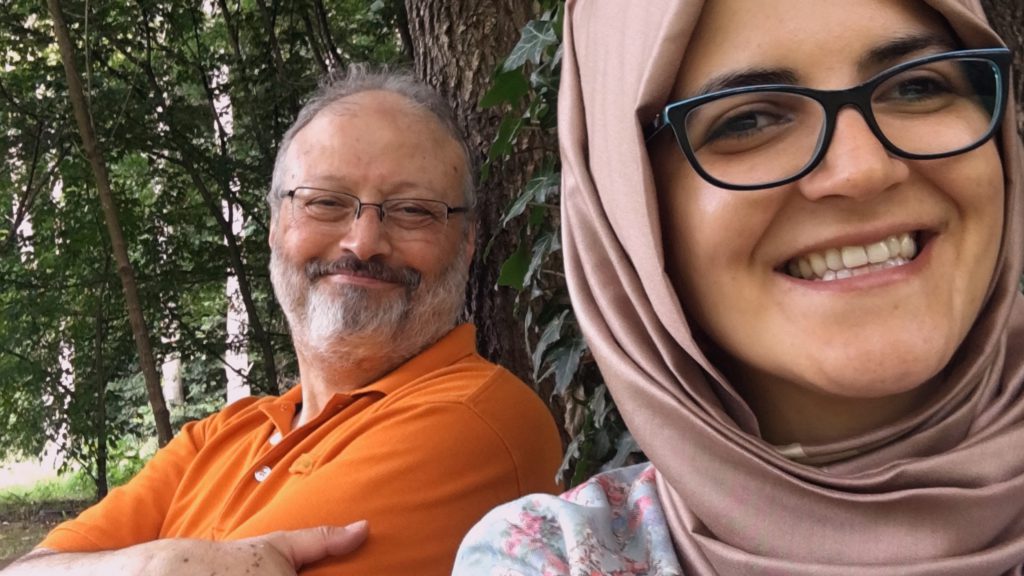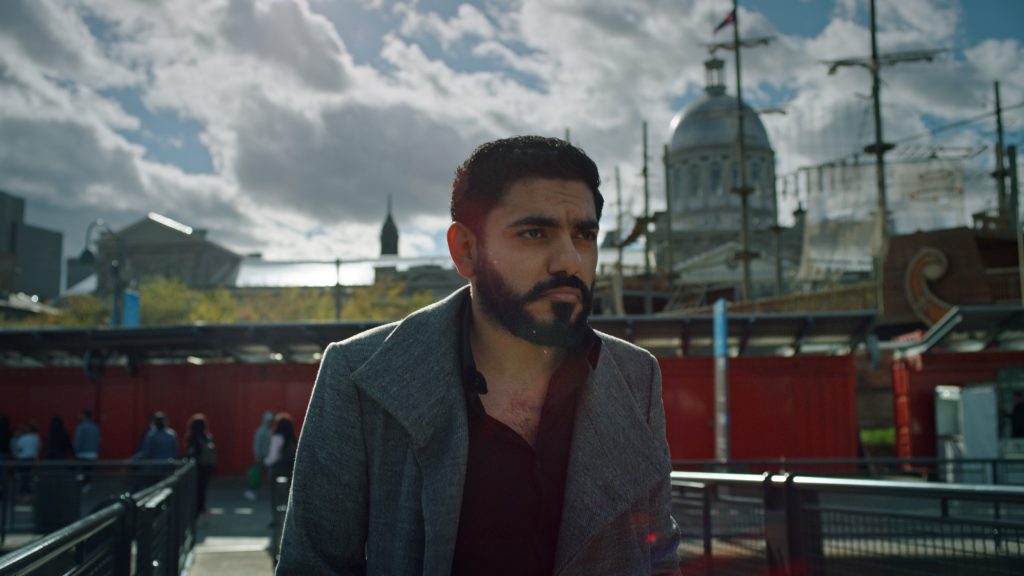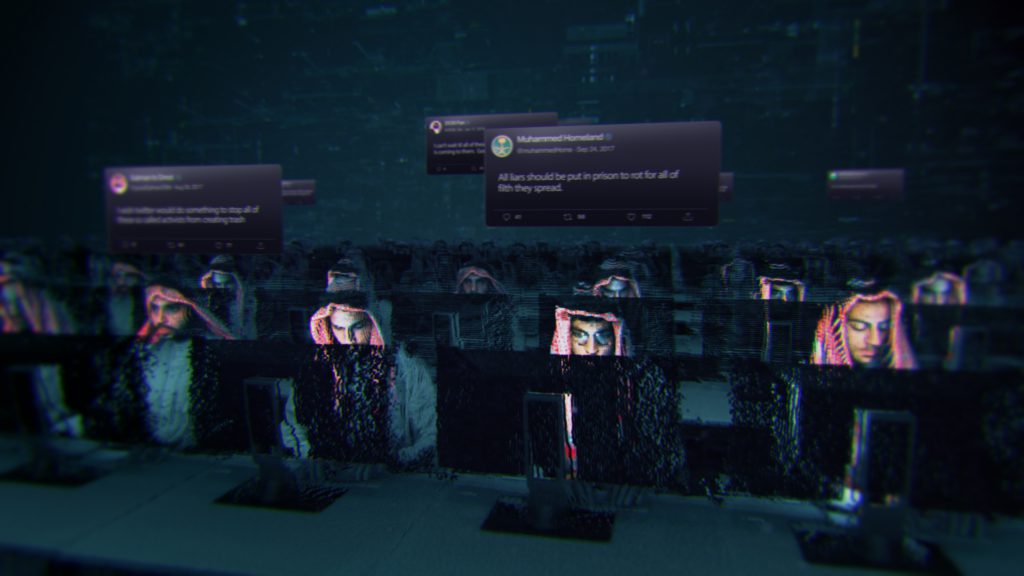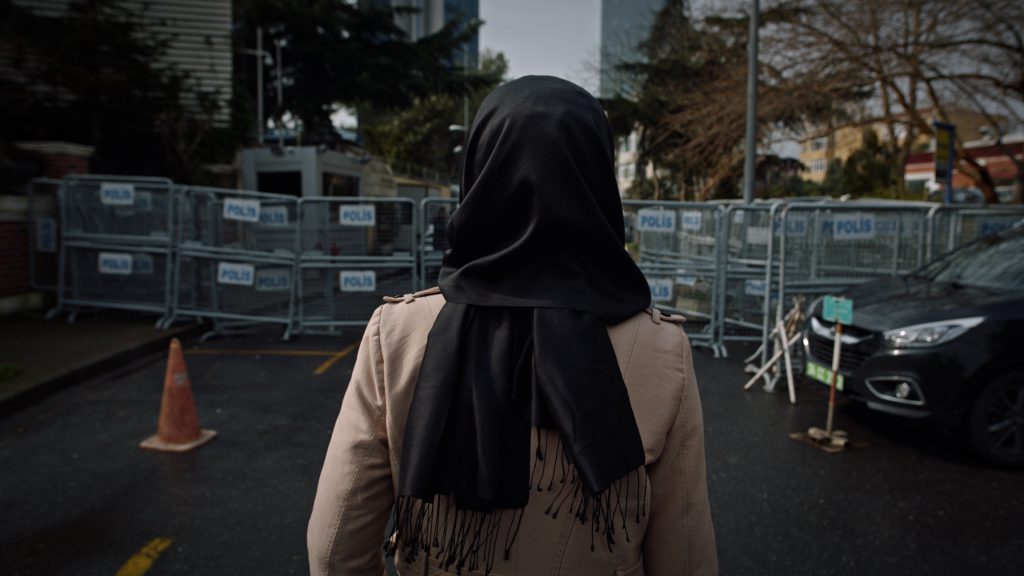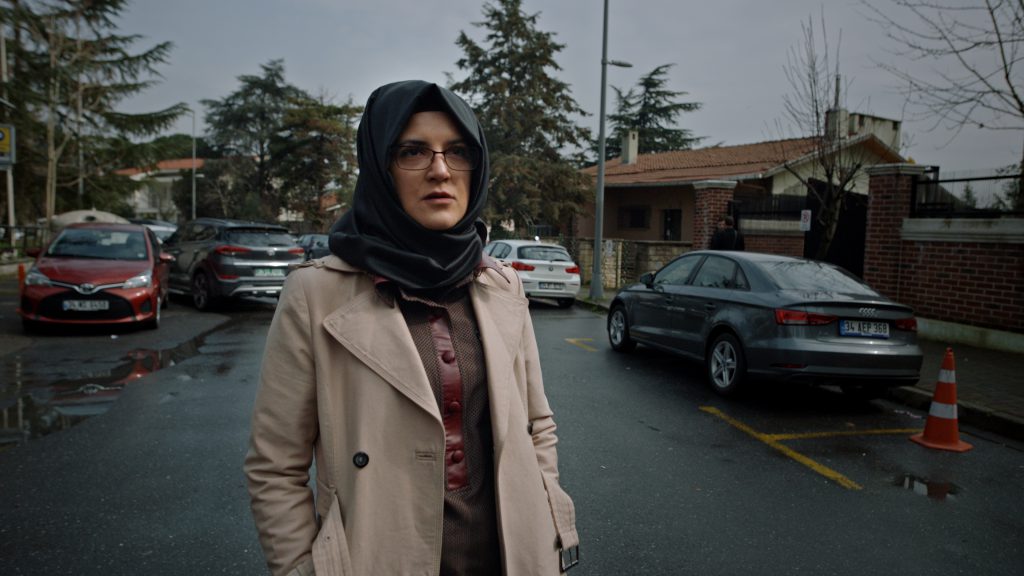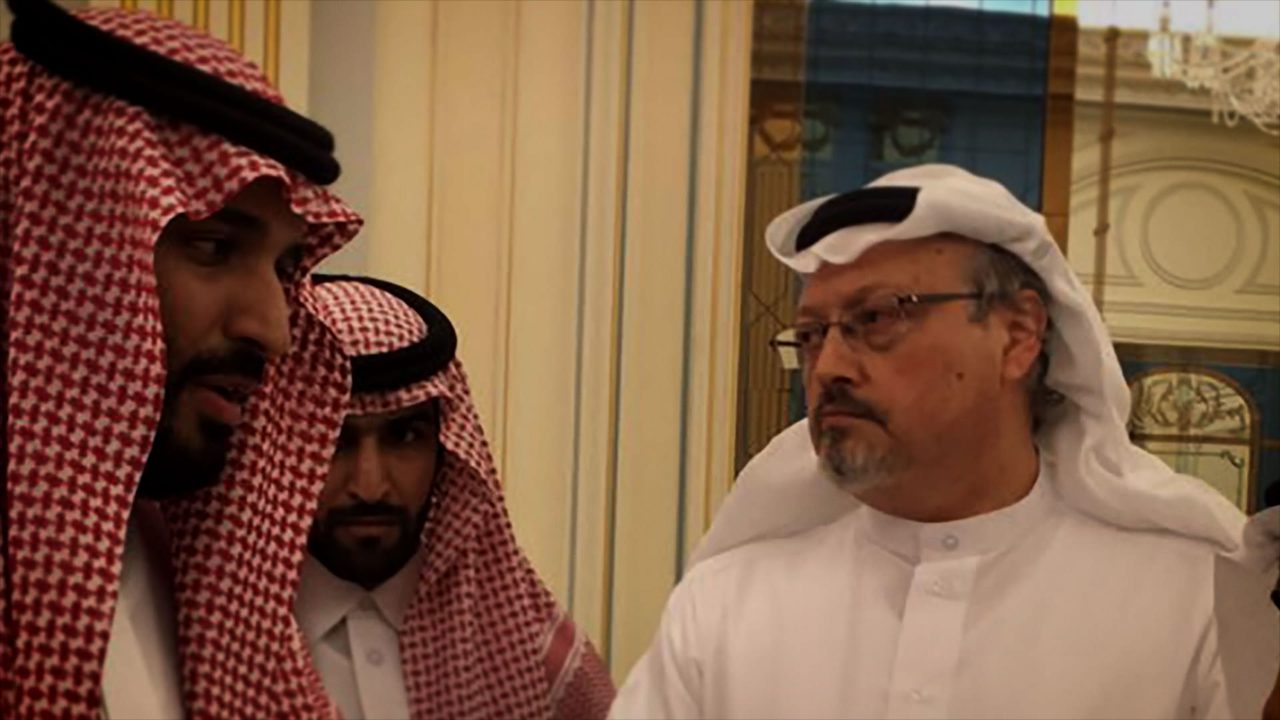
When the murder of Jamal Khashoggi came to light – between October 2, when he entered the Saudi consulate, and October 20, 2018, when Saudi Arabia finally admitted his death, I followed the news very closely. One headline I remember particularly well was: „Who was this man?“ After all, Khashoggi had been very well known in his circles in the Middle East, but we in the West had no idea who Khashoggi was or what he stood for. The first reports only mentioned that he had been a reporter for The Washington Post.
But when we tried to figure out why he had disappeared and why it was important, suddenly the media went to town on him. They said that Khashoggi had belonged to the Muslim Brotherhood, that he had ties to terrorists, and that he sympathized with Al-Qaeda. I kept researching and quickly realized that those claims didn’t reflect the truth.
The story checked all the important boxes for a filmmaker: It had global ramifications and the background of the story was still largely unknown. A few weeks after Khashoggi’s disappearance, I learned of the compelling story surrounding Omar Abdulaziz, a Saudi student and dissident who had worked with Khashoggi and was now living in exile in Canada. So I went to Canada to hear his side of the story. That’s when I learned about what led up to the murder, and how it pertained to Omar, all of which was still hidden at the time.
Right from the beginning, I knew it was going to be a film about truth, because underneath the initial confusion and ambiguity, the conflicting explanations and flat out lies, there was a truth fighting its way to the surface. So my starting point was: Who was Khashoggi, what happened to him, and why? His story is like an interface where several players and plots come together, involving surveillance, hacking, internet security, the tension between commercial interests and ethical concerns, and misinformation. These abstract political problems are very real. They were intrinsic to Khashoggi’s story and dictated both his life and his death.
On the practical side, the story has everything a good thriller needs. But there were two or three hurdles to overcome to be able to make the film I had in mind. First, there was Khashoggi’s fiancée, Hatice Cengiz, who had waited outside the consulate while he attempted to obtain papers for their wedding. She is the emotional core of the story. Would Hatice work with me and allow me an exclusive look at what had happened? Omar was just as important. I knew that when his story came to light, all the newspapers in the world would be at his heels. I knew how incredible his story was and that it would get to the bottom of Khashoggi’s murder. The third hurdle was the Turkish government. Would they work with me exclusively? And then there was The Washington Post. I worked for three months just to build some connections there.
Despite the staggering amount of evidence, no nation was willing to stand up to the absolute monarchy due to fears the cashflow would dry up. Who cares about human rights or cold-blooded murder? There’s just too much money at stake and that apparently outweighs all decency. Agnès Callamard, the United Nations special rapporteur, carried out the investigation that found that Khashoggi had clearly been murdered. The CIA report came to the same conclusion. Turkey sent the governments of France, the UK, and America horrifying sound recordings of the murder, yet the United Nations did nothing, and neither did the USA or Europe. Ultimately, the wealth and oil of the Saudi monarchy trump all justice, all moral authority. That was probably the most shocking realization. We hope that the film will serve the greater good by shedding light on this terrible reality so that we can change it.
Of course, it’s unrealistic to expect the film to herald in a policy shift in the UK, France, or the USA, or to put an end to the lucrative arms deals with the Saudis. It is idealist and improbable to think that a film could lead to cyber-surveillance regulation, to the careful inspection of every contract, or to the dismantling of Israeli companies like NSO that don’t follow the rules. But the Khashoggi case did show us one thing: Individual people do have power and can even be a threat to the corrupt powers of the world. Jamal Khashoggi was a dangerous man for the authoritarian regime of Saudi Arabia. He didn’t want the many lawyers and activists in Saudi prisons to be forgotten, nor did he want Mohammed bin Salman’s censorship, oppression, or cruelty. By bringing the truth to light, he became a threat because the truth is powerful.
With this film, we reveal the truth to the world. A film can reach so many more people than a UN investigation or confidential government report. When people see the film, I hope they feel a responsibility to take action themselves, just as Khashoggi did. Maybe informed citizens will have a better chance at getting their democratically elected governments to acknowledge human rights as an absolute priority. After all, elected officials have a duty to their constituents, and successful campaigns can create a shift in policy.
